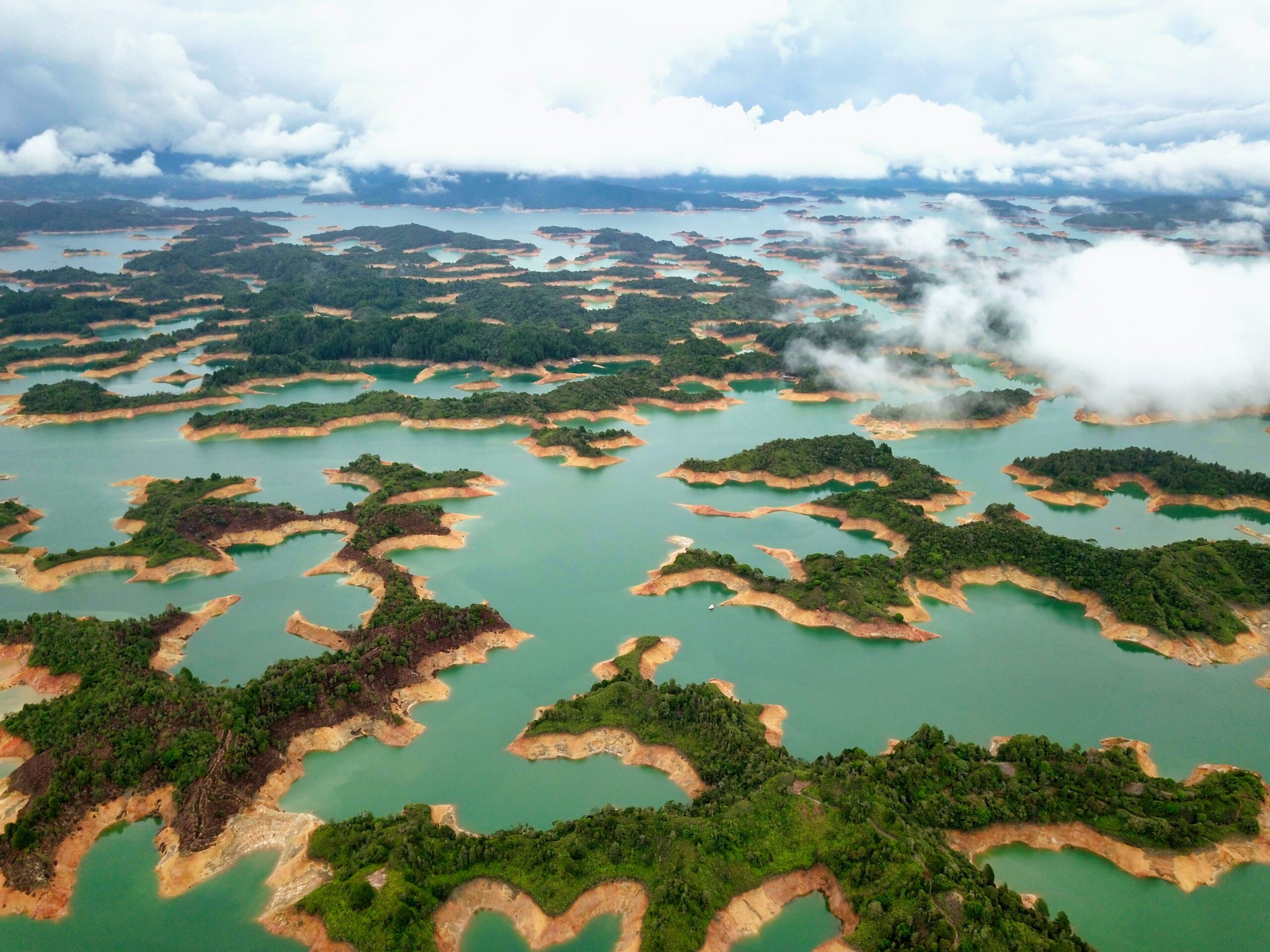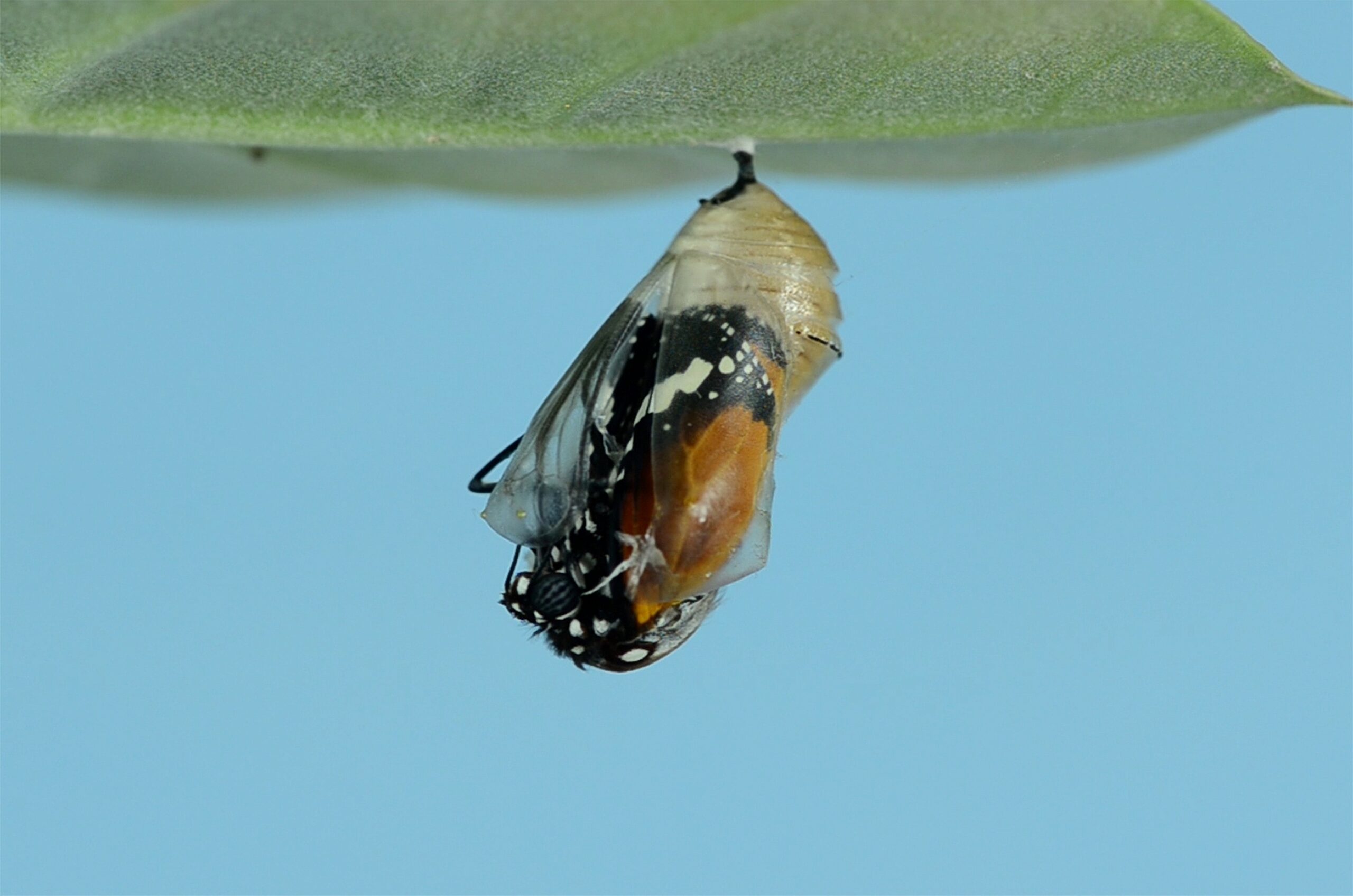
This article was originally published on Global Landscapes Forum.
““If we treat biodiversity as if it’s for free, people falsely believe that biodiversity has no cost – and therefore, if it depreciates, it also attracts no cost,” said Tony Simons, Executive Director of the Center for International Forestry Research – World Agroforestry (CIFOR-ICRAF) and its newest initiative Resilient Landscapes, in a session at the Global Landscapes Forum’s Biodiversity Digital Conference on 29 October titled, “The Nature of Business”. Resilient Landscapes is an innovative platform that aims to tackle deforestation, degraded landscapes and broken food systems that are contributing to climate change and biodiversity loss by providing attractive investment solutions to companies, financial investors, donors and governments.
…“There is not always a strong match between where the most green opportunities lie and the investment environments that are attractive for private capital flows,” said panelist Jaspreet Stamm, Director at Finance in Motion… “In many cases, we find companies or financial institutions where there is a strategic interest from management to become more environmentally friendly in their operations, and where there is also a business opportunity in doing so,” she said.
Panelist Andre van de Beld, who heads sustainability for cocoa at large-scale agro-commodity trader Export Trading Group (ETG), provided a case in point. Cocoa production, the majority of which takes place in Ghana and Ivory Coast, has been responsible for immense deforestation in these two countries. However, in recent years, industry players have become increasingly aware of the impacts of deforestation and climate change for the viability of cocoa production in the future. This led in 2017 to the Cocoa and Forests Initiative, under which signatory companies, which represent 85 percent of the market, work with the national governments and a selection of NGOs to end deforestation and restore forest areas.
“This has triggered a lot of developments, and now in 2020, we see a lot of investments [into natural capital] going on,” said van de Beld. “We’ve also seen a shift where in the beginning, a lot of companies were focusing very much on the cocoa farm itself. But more recently they’ve begun expanding this scope to include things like reforestation for ecosystem services, and really focusing on the landscape model, which was definitely not the case 5 to 10 years ago.”
Martin Geiger, director of sustainability and corporate governance at German development finance institution DEG – a longstanding partner of ETG – praised the high level of transparency and disclosure that the company has developed over time. “I’m looking forward to seeing them now taking these learnings to other commodities,” he said, “which need these kinds of approaches just as much as the cocoa sector.””
Read on at: Global Landscapes Forum












